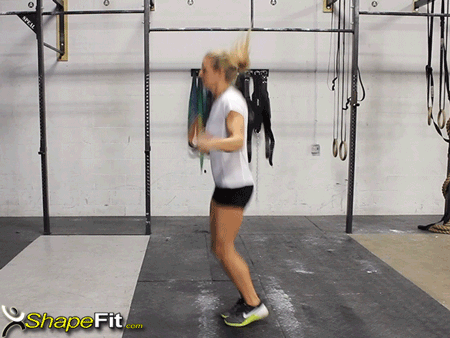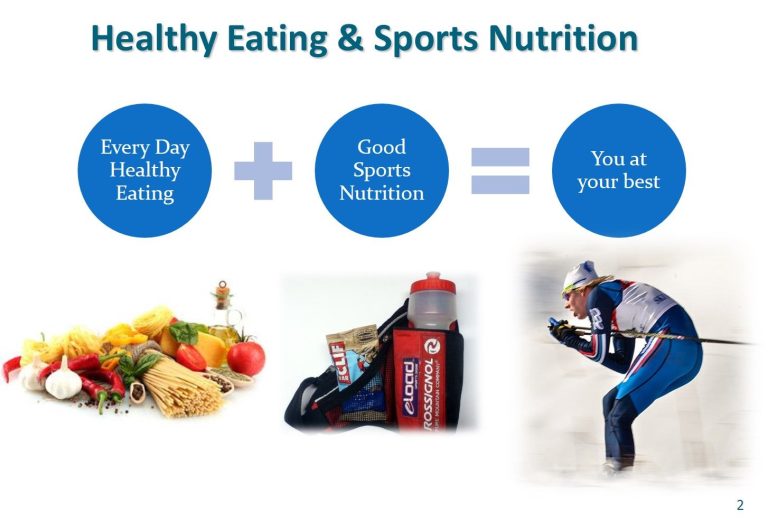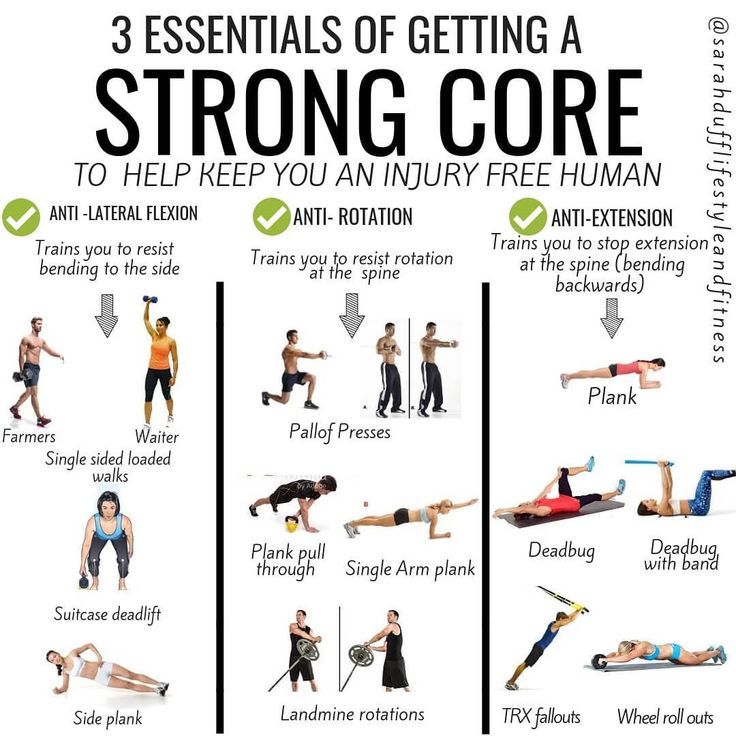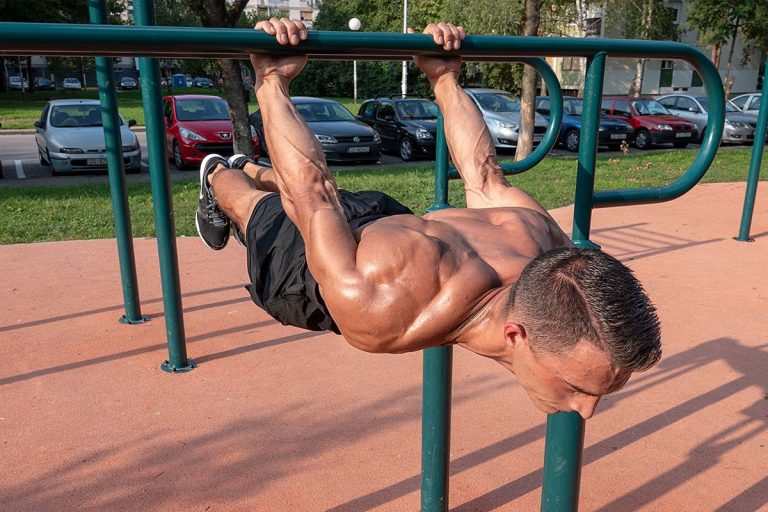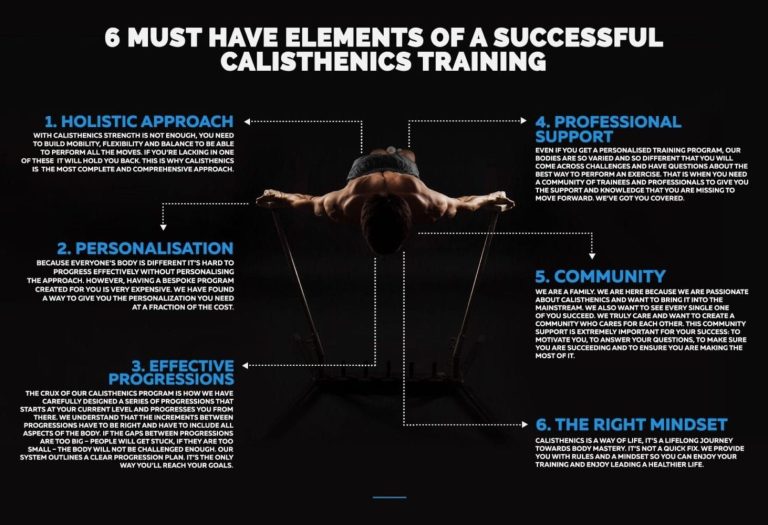CrossFit has become increasingly popular in recent years, with its intense workouts and focus on functional movements.
To excel in CrossFit, athletes need to optimize their nutrition to fuel their performance during their WOD (Workout
of the Day). This article will explore the importance of proper nutrition in CrossFit and provide guidelines for
effective fueling strategies.
The Role of Nutrition in CrossFit
Nutrition plays a crucial role in providing the energy necessary for CrossFit workouts. Each WOD is designed to
challenge various energy systems, including the phosphagen, glycolytic, and oxidative systems. To perform at
their best, athletes need a well-balanced diet that adequately fuels these systems.
Macronutrients such as carbohydrates, proteins, and fats are essential for energy production, muscle repair, and
overall recovery. CrossFitters should aim to include all three in their meals to meet their individual energy
requirements.
Carbohydrates for Fuel
Carbohydrates are the primary fuel source for high-intensity exercises, making them crucial for CrossFit athletes.
Including complex carbohydrates like whole grains, fruits, and vegetables in each meal will provide a steady
release of energy throughout the WOD. It’s best to avoid simple sugars as they can cause blood sugar spikes and
subsequent crashes, leading to decreased performance.
Protein for Recovery
Protein is essential for muscle repair and recovery after intense workouts. Consuming an adequate amount of protein
helps mitigate muscle damage and supports muscle growth. Incorporate lean sources of protein such as poultry,
fish, eggs, and legumes into your diet to optimize recovery and aid in muscle development.
Healthy Fats for Sustained Energy
While fat has often been demonized, it’s important to include healthy fats in your diet for sustained energy and
overall health. Avocados, nuts, seeds, and olive oil are excellent sources of healthy fats. These fats provide
essential fatty acids and fat-soluble vitamins, aiding in nutrient absorption and maintaining hormonal balance.
Hydration Is Key
Proper hydration is often overlooked but is crucial for optimal performance. During intense workouts, athletes
lose significant amounts of water through sweat. Staying hydrated before, during, and after a WOD is essential
for maintaining physical and cognitive performance. Aim to drink water throughout the day and consider
replenishing electrolytes with a sports drink or coconut water after a particularly demanding workout.
Pre-Workout Fueling
Fueling your body properly before a WOD can make a significant difference in your performance. Attempting an
intense workout on an empty stomach can leave you feeling sluggish and fatigued. Ideally, consume a balanced
meal consisting of carbohydrates, protein, and a small amount of healthy fat 1-2 hours before your workout.
This timing allows for proper digestion, ensuring nutrients are readily available for energy production.
Post-Workout Nutrition
Optimizing your post-workout nutrition is vital for muscle recovery and glycogen replenishment. Consume a
combination of carbohydrates and protein within 30-60 minutes after your WOD to kickstart the recovery
process. A protein shake with added carbohydrates or a well-balanced meal can help restore energy levels and
assist with muscle repair.
Conclusion
CrossFit is an intense and demanding sport that requires proper nutrition to fuel optimal performance. By
following a well-balanced diet that includes carbohydrates, proteins, and healthy fats, athletes can enhance
their energy levels, muscle recovery, and overall well-being. Don’t forget to hydrate adequately and pay
attention to your pre and post-workout fueling strategies to maximize your performance and achieve your CrossFit
goals.
This article was written by [Your Name].



